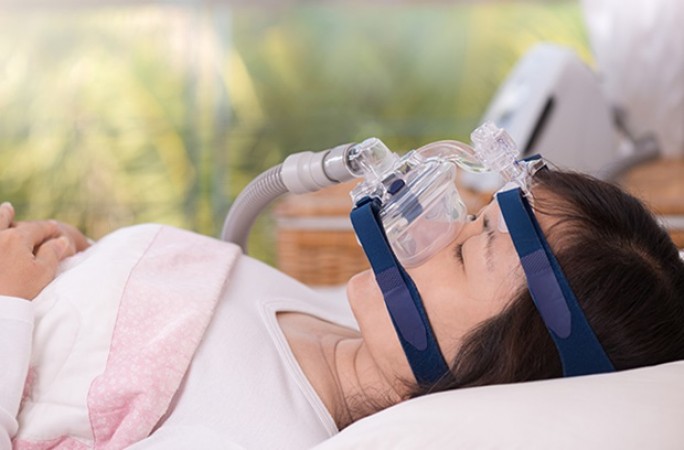
SYDNEY: A team of researchers have effectively repurposed two existing medications to reduce the severity of sleep apnoea in people by at least 30 per cent. Sleep apnoea is a state of affair where the upper airway from the back of the nose to the throat closes repetitively during sleep, restricting oxygen intake and causing people to wake as often as 100 times or more per hour.
Those with untreated sleep apnoea are more likely to develop cardiovascular disease, dementia and depression, and are two to four times more likely to crash a car than the general population, indicates the study published in The Journal of Physiology.
"We were thrilled because the current treatment options for people with sleep apnoea are limited and can be a painful journey for many," said researcher Danny Eckert from Flinders University in Australia.
By repurposing the medications, researchers used a multitude of recording instruments to measure whether reboxetine and butyl bromide could successfully target the main causes of sleep apnoea. This included balancing the electrical activity of muscles around the airway, preventing the throat from collapsing while people were sleeping, and improving the regulation of carbon dioxide and breathing during sleep.
The results from the study showed these medications did in fact increase the muscle activity around participants' airways, with the drugs reducing the severity of participants' sleep apnoea by up to one-third.
Moong dal water is effective in reducing these 7 diseases, learn how to make it
Efficacy analysis Final Phase-3 demonstrates Covaxin 77.8 pc effective against COVID
Study reveals Covid-19 first wave led to increase in antibiotic misuse in India: